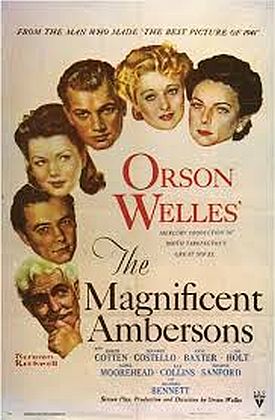Steam: The Turkish Bath (Hamam)
As Enchanted April showed a few years ago, Italy is the promised land
for the cold, sexually-repressed, work- obsessed Englishman or, more likely,
Englishwoman. At least it is for the English who imagine themselves as having
been kitted out by their climate or their religion or their national character
with such a load of what the hippies of the 1960s quaintly called
“hang-ups”
that they can’t properly enjoy themselves.
“Curse braces, bless
relaxes,” as that great proto-hippie
William Blake once wrote. Perhaps any degree of self-denial or discipline,
however small, requires some such promised land where, one can fantasize at
least, the normal social and economic constraints are removed. In an odd sort of
way, just knowing that there is a world elsewhere in which the normal rules
don’t apply helps to keep you on the
straight and narrow in the here and now. Or so I am inclined to guess.
It might be considered something of a confirmation of this guess to note that
the Italians themselves, perhaps having wearied of setting an example of warmth
and happiness and sexual freedom for the English, look to Turkey as their own
promised land. Or so we might suppose from Steam: The Turkish Bath,
directed by Ferzan Ozpetek A young Italian businessman, Francesco (Alessandro
Gassman), comes to Istanbul to settle the estate of his late Aunt Anita, who had
gone there to live many years ago when she had married a Turk, and then, as a
result of the marriage, was estranged from her sister,
Francesco’s mother. So it is that
Francesco has never known her, though she has made him her heir.
Her estate consists of little more than a clutch of returned letters from her
sister and a badly run-down hamam or Turkish bath in Istanbul. Francesco
comes to town to negotiate the sale of same, but changes his mind after having
fallen in love with Istanbul, Turkish baths, and the handsome young Turkish lad,
Mehmet (Mehmet Gunsur) with whose family he is staying there. This vacillation
later has unfortunate consequences for him, but his wife, Marta (Francesca
d’Aloja), having just arrived in town to tell him she wants divorce, appears to
take up on his behalf the love affair with the city (if not with Mehmet) in
spite of her own lover, Paolo, back in Italy. She begins to understand why it is
that Francesco began to think that he
“wasn’t happy in
Rome” and that, in Istanbul,
“people are
kind — and I am kinder
too.”
Or, as the late Aunt Anita put it in one of the returned letters to her
sister, Giuliana, now also dead: “One
can be happy in this life, Giuliana. One
must.” And, to be fair to the film, it
could have done a lot worse than having chosen as the visual analogue of that
happiness the glorious city of Istanbul.
Discover more from James Bowman
Subscribe to get the latest posts to your email.







